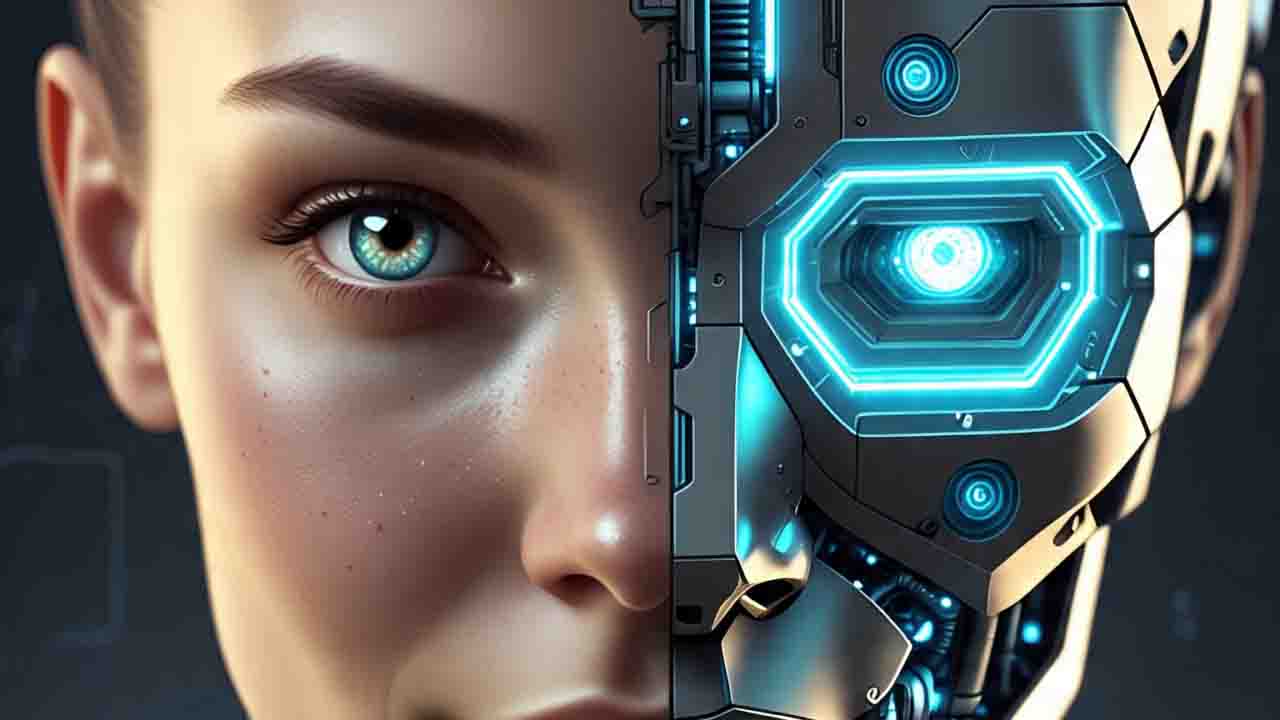
AI vs Human Creativity: Can Machines Truly Feel
Pitchwars – AI vs Human Creativity has become one of the most pressing debates in modern storytelling. As artificial intelligence tools become increasingly sophisticated, their ability to generate poems, stories, screenplays, and even novels has grown exponentially. Yet, media outlets like The Guardian warn that while AI can mimic style and structure, it lacks the emotional depth and cultural nuance that define truly impactful human writing.
Machines may produce words, but they don’t feel grief, joy, nostalgia, or wonder emotions that breathe life into great stories. Human creativity draws from lived experience, memory, and empathy something no dataset can replicate. This growing dependence on AI-generated content raises a critical question: if everything sounds human, how can we tell what truly is?
The Blurred Line Between Code and Soul
AI vs Human Creativity becomes even more complex as AI-generated content becomes indistinguishable from human-authored work. Writers, publishers, and audiences alike are facing new challenges in evaluating originality and authenticity. Many worry that an over-reliance on machine-made content could result in a flood of emotionally flat, culturally detached writing that dilutes the human experience.
“Matcha Mania: The 800-Year-Old Tea Taking Over”
Some AI tools now simulate emotional tones, mimic historical styles, and analyze trends to write “as if” they were human. However, this simulation lacks the intention behind human expression. A machine can mirror heartbreak, but only a human can feel it and that difference matters. It’s no longer just about who wrote it, but why it was written.
Preserving the Human Touch in Storytelling
AI vs Human Creativity also sparks a larger cultural conversation: how do we protect human artistry in the age of automation? As AI continues to support the creative process from drafting outlines to editing prose it’s vital to ensure that human voices remain at the center. Writers across the globe are now emphasizing their human identity as a mark of originality and emotional depth.
Initiatives like “written by a human” labels and creative transparency are being explored. Meanwhile, many authors use platforms like TikTok to share their writing journey and reaffirm their role as creators, not coders. While AI might help accelerate content creation, true storytelling the kind that connects people across time and culture remains rooted in human experience.
“Sexist or Satirical? Rethinking Shakespeare in Upstart Crow”